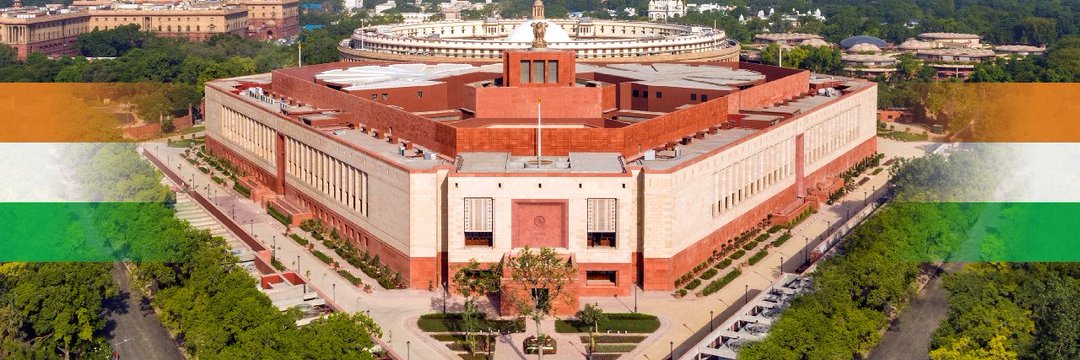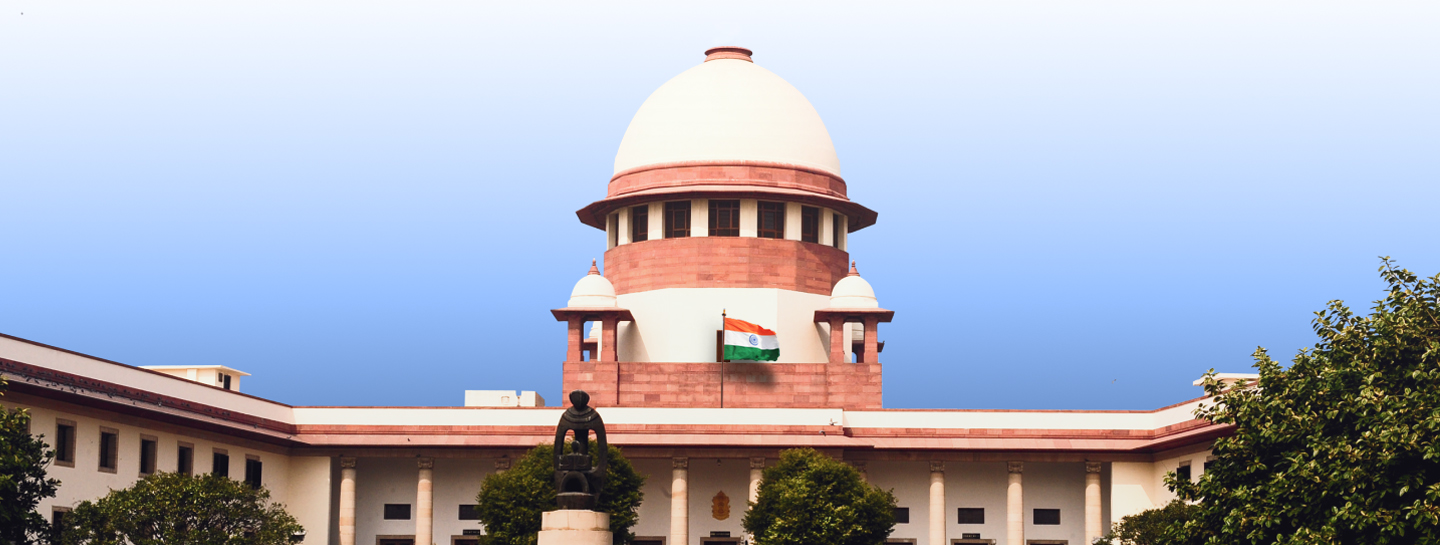New Delhi: The Union government is set to table the Constitution (One Hundred and Thirtieth Amendment) Bill, 2025 in the Lok Sabha this week, seeking to remove ministers — including the Prime Minister or Chief Ministers — if they are arrested and detained in custody for 30 consecutive days in a case punishable with a minimum of five years in prison.
Union Home Minister Amit Shah will introduce the Bill on Wednesday and Thursday, alongside two similar amendments — the Jammu and Kashmir Reorganisation (Amendment) Bill, 2025 and the Government of Union Territories (Amendment) Bill, 2025 — for the same provisions in J&K and other Union Territories.
These Bills are likely to be referred to a Joint Committee of Parliament for scrutiny.
Key Provisions of the Proposed Amendment
The Bill proposes amendments to Articles 75, 164, and 239AA of the Constitution, introducing a new clause in each to deal with the arrest of ministers:
- For Union Ministers: If a minister is arrested for 30 consecutive days, the President must remove them based on the Prime Minister’s advice. If no advice is given by the 31st day, the minister automatically ceases to hold office.
- For the Prime Minister: They must resign by the 31st day after arrest; failing which, they will cease to be PM.
- For State Ministers and Chief Ministers: Similar provisions apply, with removal initiated by the Governor based on the Chief Minister’s advice.
- For Delhi CM and Ministers: The President, on the advice of the Delhi Chief Minister, will follow similar removal rules.
The law allows reappointment of the PM, CM, or minister after release from custody.
Rationale Behind the Bill
In the statement of objects and reasons, the Home Minister said that ministers represent the hopes and aspirations of the people, and their conduct should be “beyond any ray of suspicion.”
“A Minister facing serious criminal allegations and remaining in custody may undermine constitutional morality, principles of good governance, and public trust,” the statement noted.
Background: Recent Controversies
The move comes after two high-profile instances where leaders continued in office despite prolonged custody:
- Arvind Kejriwal (Delhi): Arrested in the alleged liquor policy scam, he remained CM for over five months in 2024 before resigning after securing interim bail.
- V. Senthil Balaji (Tamil Nadu): Arrested in June 2023 in a money laundering case, he retained ministerial status without a portfolio until his resignation in February 2024, only to be reinstated after bail. He resigned again in April 2025 following a Supreme Court directive.
These cases triggered debate over the absence of a constitutional mechanism to ensure ministers step down during extended custody in serious criminal matters.
Potential Impact
If passed, this amendment will set a mandatory resignation rule for arrested ministers, aiming to uphold the integrity of public office and restore constitutional trust.





